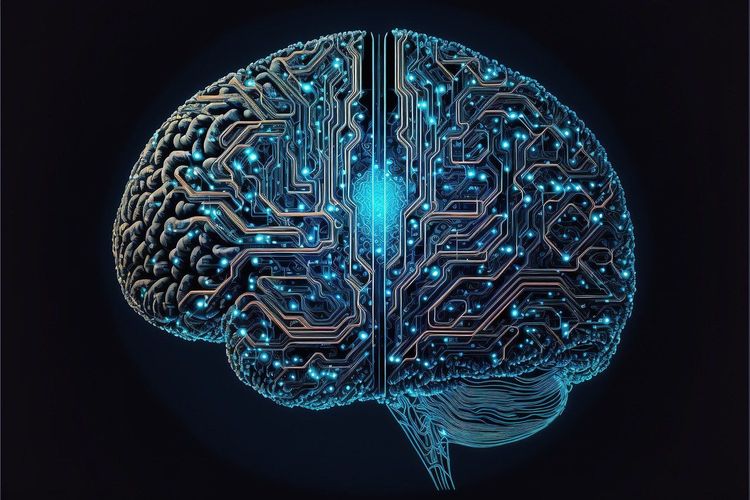A team of former Google DeepMind researchers has launched Udio, an innovative app that harnesses artificial intelligence to help anyone create professional-quality music in just minutes. Originally available only in closed beta, Udio has already drawn interest from influential figures in the music industry, including will.i.am, Common, and Kevin Wall.
David Ding, co-founder and CEO of Udio, envisions the app as a transformative tool for artists looking to boost their creativity. “We’ve seen incredibly talented musicians, producers, and creators use Udio to test lyrics, explore new beats, and experiment with harmonies,” Ding stated in a recent interview.
Udio makes music creation accessible by allowing users to simply type in the desired genre, supply lyrics or themes, and name their favorite artists for inspiration. Within just 40 seconds, Udio generates a fully mastered, high-quality audio track. Users can refine their work using the app's “vary” feature, which offers options to adjust sound and track length.
To ensure that songs created on the platform are original, Udio has integrated automated copyright filters. Ding reaffirmed the company's dedication to copyright protection, explaining, “We have extensive automated copyright filters to make sure our outputs do not infringe existing copyrights. Our team is continually improving these safeguards, as we strive to ensure that all works created on our platform are novel.”
Udio is backed by leading investors, including Andreessen Horowitz and angel investors like Mike Krieger, co-founder and CTO of Instagram. Krieger expressed his belief in Udio's potential, stating, “Just as Instagram made photography sharing accessible, I believe Udio can democratize music creation.”
From a business standpoint, Udio has the potential to disrupt the music industry by democratizing music production and generating new revenue opportunities for artists. Ding noted, “For emerging artists who lack resources for full demos, creating tracks is now possible at a fraction of the cost. We believe this platform will greatly benefit a new generation of artists and producers.”
However, the rise of AI music creation tools like Udio brings forth concerns regarding the role of human musicians and the implications of deepfakes and voice impersonation. Ding acknowledged these issues, emphasizing the importance of collaboration with artists and industry professionals to ensure effective safeguards are established.
As Udio enters a competitive landscape alongside AI music generation tools like Suno V3 and Stable Audio 2.0, its streamlined interface and capability to produce fully mastered tracks based on simple prompts distinguish it from its rivals. The challenge for Udio will be to consistently match or exceed the quality offered by its competitors. Initial feedback is promising, but the app will need to showcase its efficacy across various genres to secure its market presence.
Additionally, Udio must navigate the intricate legal and ethical challenges associated with AI-generated music, including concerns related to copyright, deepfakes, and impersonation. The company's proactive approach to implementing robust safeguards marks a positive step, though the effectiveness of these measures remains to be fully assessed.
Despite these hurdles, Udio has the potential to revolutionize music-making, offering artists and producers new avenues to create catchy tracks quickly and affordably. As the AI music generation landscape continues to evolve, competition among Udio, Suno V3, Stable Audio 2.0, and other emergent tools is likely to spur innovation and broaden creative opportunities for musicians and music lovers alike.







